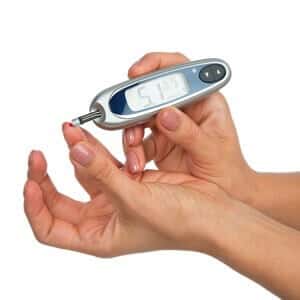
Type 2 diabetes has become an epidemic in the US and around the world. Doctors can choose from a number of medications to treat it. Each medicine has its own side effect profile. Both patients and doctors may need to become familiar with possible problems associated with the drugs, to make sure the treatment doesn’t become worse than the disease.
Victoza for Diabetes:
Q. I was prescribed Victoza for diabetes. At first, I had stomach cramps and frequent trips to the bathroom. After I got used to it they subsided.
A few months later I developed pancreatitis. I had pain in my stomach that wrapped around to my back. The pain did not go away until about three days after I stopped the Victoza. What can you tell me about it?
Victoza and Pancreatitis:
A. Liraglutide (Victoza) is an injected medication for type 2 diabetes. This medicine seems to lower the risk of cardiovascular complications, a major cause of death for people with diabetes (New England Journal of Medicine, July 28, 2016). It can cause pancreatitis, however. This is a very severe complication.
Other diabetes drugs that can cause pancreatitis include exanatide (Byetta), sitagliptin (Januvia) and saxagliptin (Onglyza). Symptoms include upper abdominal pain that may extend to the back. The pain may become worse after eating and may be accompanied by nausea, vomiting and fever.
Victoza may trigger other serious side effects such as abdominal pain (as you experienced), headache, sore throat, loss of appetite, back pain and serious allergic reactions. Anyone with a family history of thyroid cancer should use a different medicine to control blood sugar, since some patients have developed thyroid tumors. In addition to the pancreas, the liver and gallbladder may react badly to the drug. We are sending you our Guide to Managing Diabetes for more information about drugs for type 2 diabetes and nondrug approaches to help with blood sugar control.

